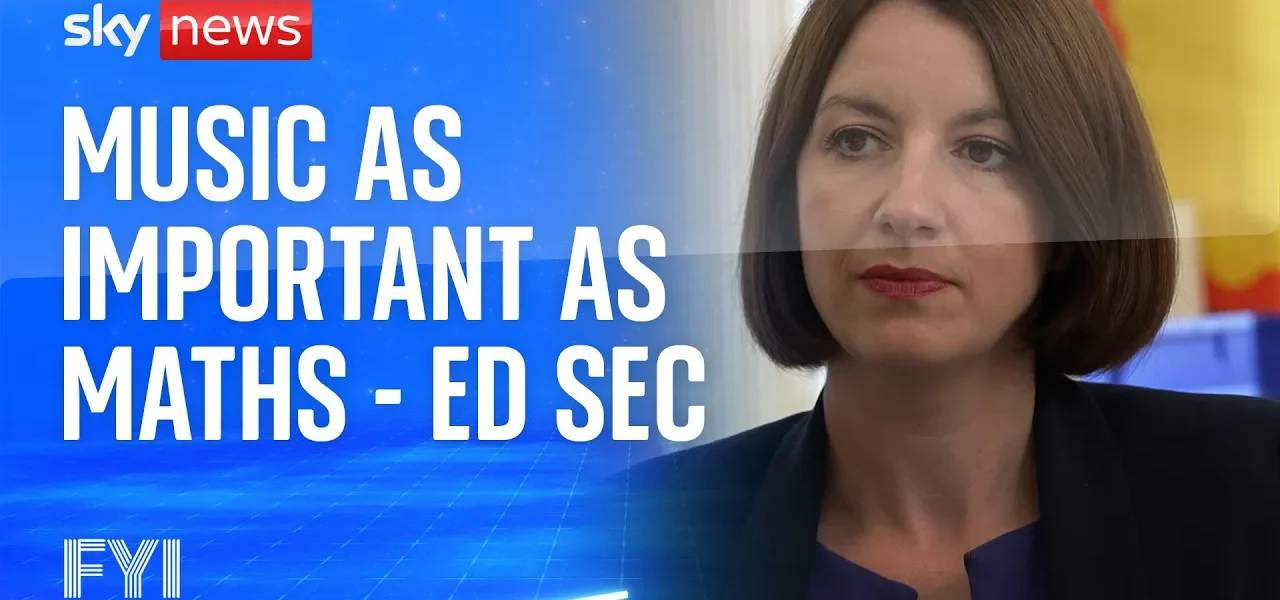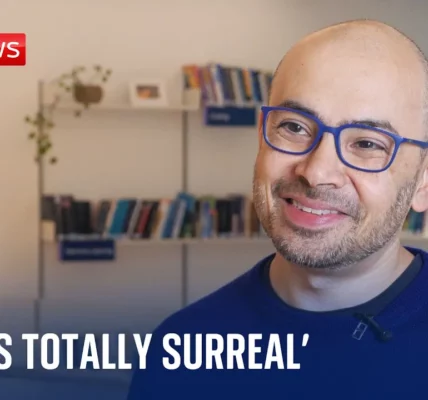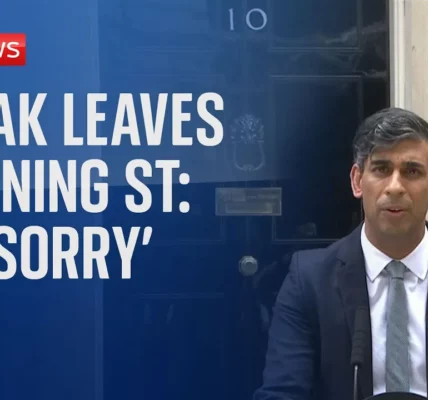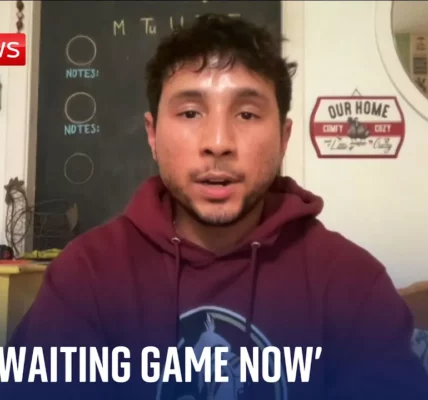Bridget Phillipson Discusses Education Challenges in English Schools

This article provides a comprehensive overview of a recent interview with Bridget Phillipson, the Secretary of State for Education, where she addresses critical issues affecting students and schools in England, including misinformation, support for special educational needs, and the importance of arts education.
Introduction
In a pivotal conversation held at a school in London, Bridget Phillipson, the Secretary of State for Education, faced an array of questions from students and educators alike. These inquiries reflect the growing concerns regarding the education system in England, from the rise of misinformation online to the increasing number of students with special educational needs who are not receiving adequate support. This article explores the key points from this enlightening discussion, highlighting the Secretary’s insights and proposed plans for the future of education in England.
Addressing Misinformation Online
One of the foremost concerns raised by students was the impact of fake news and misinformation on young people. Bridget Phillipson acknowledged the significance of equipping students with the necessary skills to critically evaluate the information they encounter online.
Plans for Curriculum Review
As part of an ongoing curriculum review, the Secretary emphasized the need to foster critical thinking in students. This involves:
- Implementing educational programs focused on media literacy.
- Encouraging discussions around the validity of online content.
- Training educators to teach students how to discern credible sources from unreliable ones.
These initiatives aim to empower students to question and challenge the information they come across, thus reducing the potential harms of misinformation.
Support for Special Educational Needs and Disabilities (SEND)
The number of students with special educational needs and disabilities has significantly increased over the past decade, which has raised urgent questions about the adequacy of support systems in place. Phillipson addressed these concerns directly, acknowledging that the current framework is insufficient.
Systemic Changes Needed
To tackle these challenges, she highlighted several key areas for reform:
- Conducting a comprehensive review of current SEND policies.
- Ensuring expert involvement in the development of new strategies.
- Improving access to inclusive sports and extracurricular activities.
By implementing these changes, the goal is to create a more supportive environment for all students, particularly those with special needs.
The Importance of Arts Education
The discussion also touched upon the significance of arts education in the curriculum. Phillipson remarked on the balance between core subjects like maths and English and creative subjects such as art, music, and drama.
Value of Arts in Education
Phillipson emphasized that arts education is vital for the holistic development of students. She noted:
- Creative subjects foster critical thinking and innovation.
- Access to arts education should not be limited by socioeconomic status.
- Schools should offer diverse learning opportunities to all students.
This approach aims to ensure that every child has access to a well-rounded education that nurtures their talents and interests.
Increasing School Attendance
With rising concerns over school attendance, Phillipson acknowledged that many students are facing challenges that hinder their ability to attend school regularly.
Strategies for Improvement
To combat this issue, she proposed several strategies:
- Enhancing mental health support services in schools.
- Creating a more welcoming environment for students facing difficulties.
- Collaborating with families to address barriers to attendance.
These initiatives are essential to ensure that every child feels supported and motivated to attend school.
Conclusion
In conclusion, the interview with Bridget Phillipson provided valuable insights into the current challenges facing English schools. Her commitment to addressing misinformation, enhancing support for special educational needs, promoting arts education, and improving school attendance reflects a proactive approach to education reform. As these initiatives are implemented, it is crucial for all stakeholders—teachers, parents, and students—to remain engaged in the dialogue surrounding education policy. For more information on related topics, feel free to explore our other articles on education reform and student support.
“`




